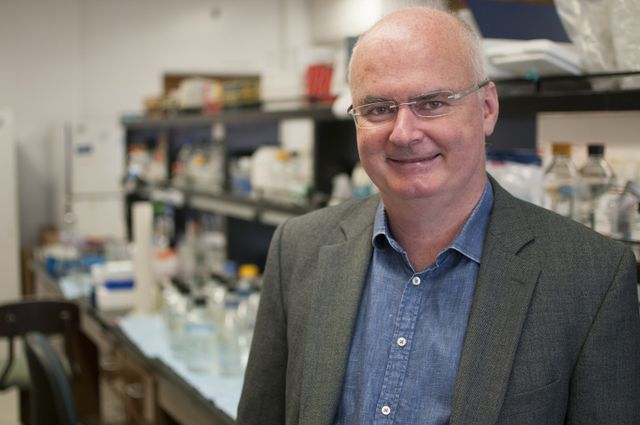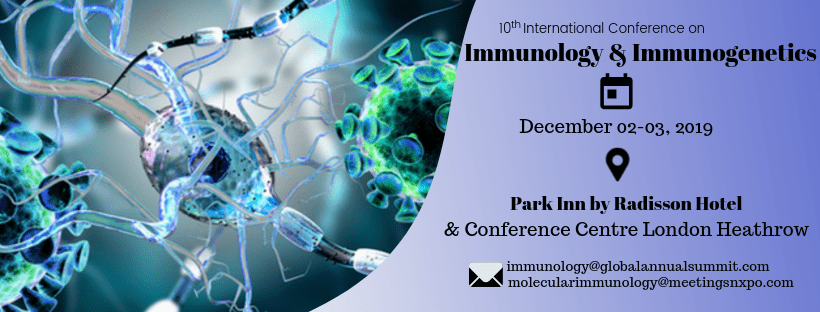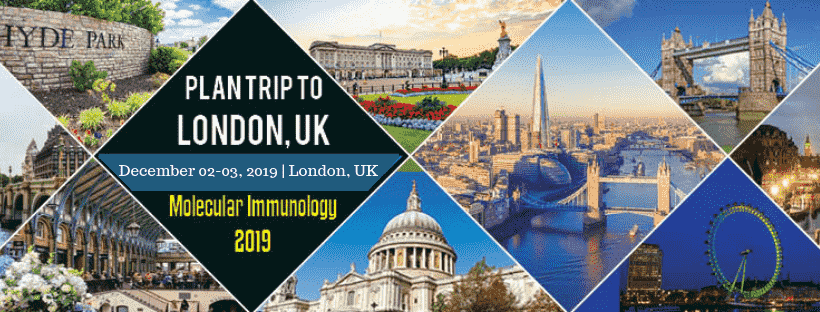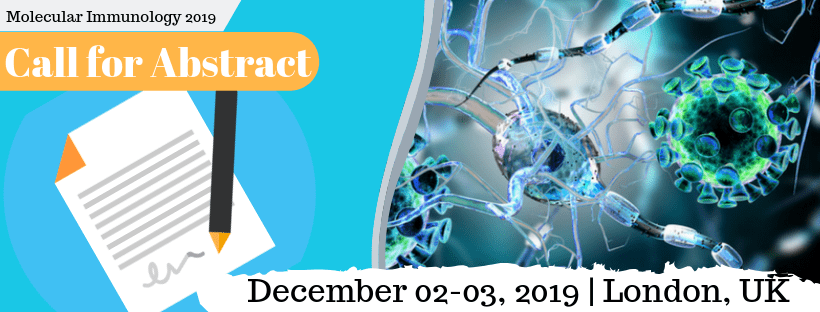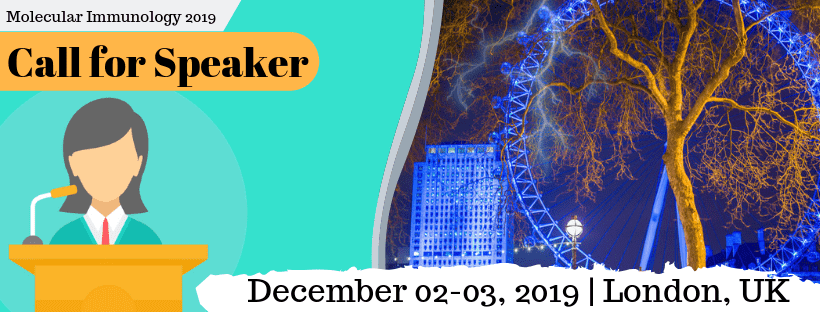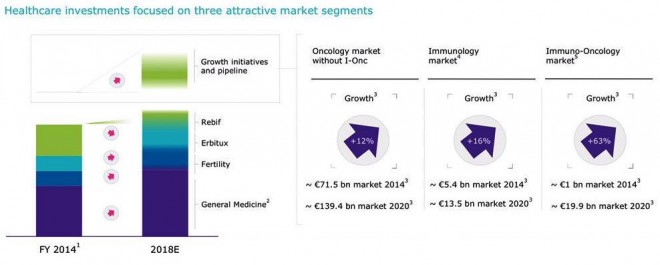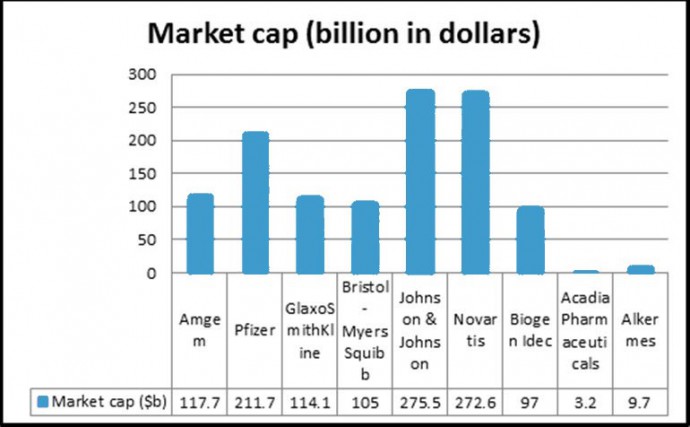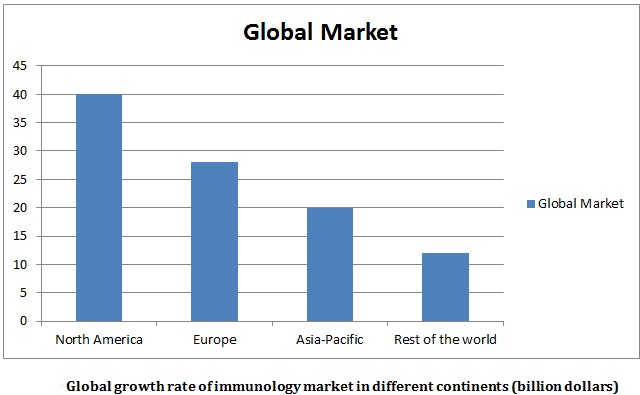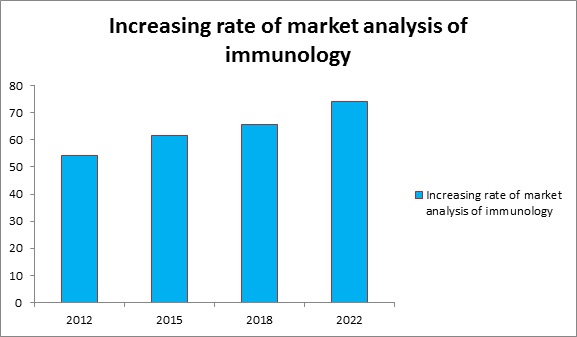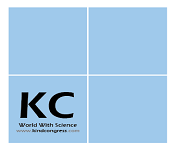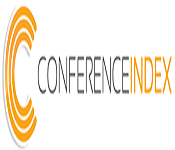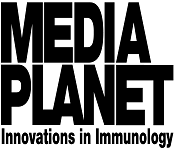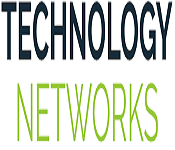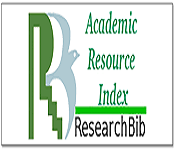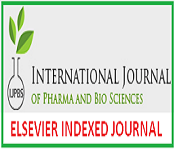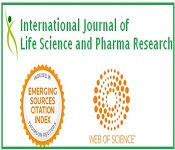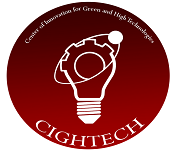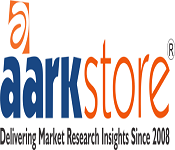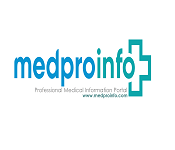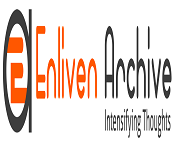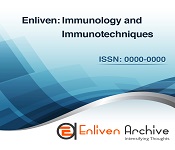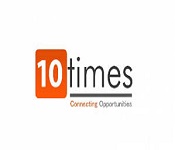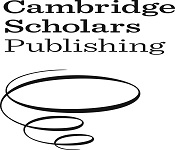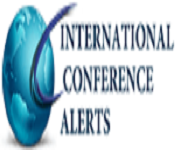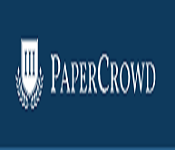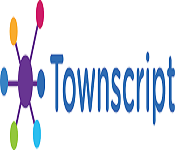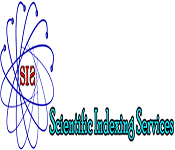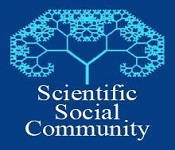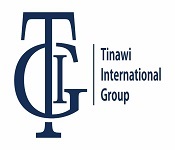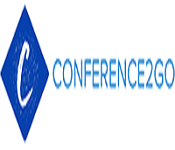Sessions & Tracks
Track 1: Immunology
Immunology is the branch of biomedical sciences that studies the immune system physiology both in healthy and diseased states. It includes knowledge of how body components respond and interact. It involves the physiologic mechanisms that allow the body to recognize materials as foreign or abnormal and to neutralize or eliminate those foreign materials.
Track 2: Immunology Techniques
Immunological techniques include various methods and specialized experimental protocols derived by immunologists for inducing, measuring, and characterizing immune responses. They allow the immunologists to change the immune system through cellular, molecular and genetic manipulation. These techniques don't seem to be restricted to the sector of immunology. Most immunologic techniques accessible are targeted on the study of the adaptive immune system. These techniques include both experimental methods to study the immune system and methods to generate or use immunological reagents as experimental tools. The most common immunologic methods relate to the production and use of antibodies to find specific proteins in biological samples.
-
Radioimmunoassay (RIA)
-
Enzyme-linked immunosorbent assay (ELISA )
-
Immunoblotting techniques
-
Electrophoresis
-
Immunofluorescence techniques
-
Immunoprecipitation
-
Agglutination based methods
-
Chemiluminescence
-
Flow cytometry
-
Mass cytometry
-
Histology
-
Immunofixation
-
Immunoadsorption
-
MHC multimer
-
Hybridoma technology
Track 3: Immunological Disorders
An immunological disorder is basically a state in which the immune system of the body compromises its ability to fight the foreign particle or is completely absent. These disorders are either diseases or conditions, which are caused by a dysfunction of the immune system and generally include allergy, asthma, autoimmune diseases, autoinflammatory syndromes, and immunological deficiency syndromes.
-
Rheumatoid arthritis
-
Systemic lupus erythematosus
-
Inflammatory bowel disease
-
Multiple sclerosis
-
Type 1 diabetes mellitus
-
Guillain
-
Chronic inflammatory demyelinating polyneuropathy
-
Psoriasis.
-
Graves' disease
-
Hashimoto's thyroiditis
-
Myasthenia gravis
-
Vasculitis
Track 4: Immunotherapy, Vaccination & Immunization
Immunotherapy, also known as biologic therapy, is a type of cancer treatment that boosts the body's natural defences to fight cancer. It uses substances produced by the body or in a laboratory to improve or restore immune system function. Immunotherapy may work by either stopping or slowing the growth of cancer cells or by stopping cancer from spreading to other parts of the body and helping the immune system work better at destroying cancer cells.
Vaccination refers to getting a vaccine that is, actually getting the injection or taking an oral vaccine dose. Immunization is the process of both getting the vaccine and becoming immune to the disease following vaccination. It is used to induce the immune resistance of a body to a specific
-
Activation Immunotherapy
-
Suppression Immunotherapy
-
Helminthic Immunotherapy
-
Passive / Active Immunotherapy
-
Vaccination & Immuno-memory
-
Dendritic Cell-based Immunotherapy
-
Specific / Non-specific Immunotherapies
-
Development of Therapies for Human Autoimmune Disease
-
Therapeutic Modulation of Tolerance and Autoimmune Disease in Animal Models
-
Immunotherapy Challenges
-
Children vaccines
-
Vaccines for Infectious Diseases
-
Vaccine Research & Development
-
Tumor & Cancer Vaccine Development and Immune-Based Therapies
-
Immunotherapeutic Strategies Against Pathogens
Track 5: Immunity & Immune System
The immune system is the body’s defense mechanism that provides protection against infections and toxins. When foreign substances, including bacteria or viruses, enter the body, immune cells get activated and neutralize these potential threats through a cascade of complex cellular events.
-
The humoral components of Innate Immunity
-
Cell-based effector mechanisms
-
The Cellular components of Innate Immunity
-
Innate immune evasion
Track 6: Autoimmune & Inflammatory Diseases
Autoimmune diseases are a case of mistaken identity in which the body's immune system, which ordinarily attacks intruders like viruses and bacteria, attacks itself. There are more than 100 different autoimmune diseases, some of which involve a single organ (e.g. Hashimoto's thyroiditis) and others that attack nearly any organ or tissue (e.g. lupus). Autoimmunity is the system of immune responses of an organism against its own healthy cells and tissues.
Inflammation is a critical response to potential danger signals and damage in organs in our body. In diseases such as rheumatoid arthritis, lupus, ulcerative colitis, Crohn’s disease, and others, the immune system turns against the bodies’ organs. Inflammatory diseases include a vast array of disorders and conditions that are characterized by inflammation.
-
Autoimmune Research: An Overview
-
Future Immunomodulation Strategies
-
Current Evidence and Future Perspectives of Autoimmunity
-
Immunomodulatory Effects on Immune System
-
Inflammasome
-
Immunomodulatory Xenobiotics
-
Autoimmune pancreatitis
-
Autoimmune retinopathy
-
Inflammation and Inflammatory factors
Track 7: Immunogenetics
Immunogenetics or immunogenetics is the study of medical genetics that explores the relationship between the immune system and genetics. By studying immunogenetics, we have been able to safely perform blood transfusions and organ transplants, as well as treat autoimmune diseases like diabetes.
-
Immunogenetics and Pharmacogenetics
-
Chronic Inflammation
-
Genetic Research
-
Vasculitis and Autoimmune Disease
-
Immunogenetics of Neurological Disease
-
Bone involvement in Monogenic Auto-inflammatory Syndromes
-
Immunoglobulin Genotypes and Cognitive functions
-
Mechanisms behind TB, HBV, and HIV Chronic infections
Track 8: Immunodermatology
Immunodermatology is a medical specialty that focuses on the diagnosis and treatment of skin disorders characterized by defective responses of the body's immune system. Immunodermatology testing is essential for the correct diagnosis and treatment of many diseases affecting epithelial organs including skin, mucous membranes, gastrointestinal and respiratory tracts.
-
Cutaneous Dendritic Cells in Health and Disease
-
Photoimmunology
-
Angiogenesis for the Clinician
-
Atopic Dermatitis
-
Immunoperoxidase Technique
-
Drug Eruptions
-
Immunodermatology & Viral Skin Infection
-
Clinical Dermatology
-
Iatrogenic Immunodeficiency & Skin Disease
-
Immunoglobulin Dermatoses
-
Diagnostic procedures in Immunodermatology
-
Advances in Immuno-Dermatology
Track 9: Molecular Immunology
Molecular Immunology manages the comprehension of the resistant framework and how it capacities to shield us from pathogens, similar to microscopic organisms and infections, while in the meantime disregarding the innocuous or valuable microorganisms in our condition. Different systems utilized in Molecular Immunology Antibodies. Counteracting agent utilizes Elisa, Nephelometry, and Radioimmunology.
Track 10: Allergy
Allergies, also known as allergic diseases, are a number of conditions caused by hypersensitivity of the immune system to typically harmless substances in the environment. These diseases include hay fever, food allergies, atopic dermatitis, allergic asthma, and anaphylaxis. Symptoms may include red eyes, an itchy rash, sneezing, a runny nose, shortness of breath, or swelling. Food intolerances and food poisoning are separate conditions.
Common allergens include pollen and certain food. Metals and other substances may also cause problems. Food, insect stings, and medications are common causes of severe reactions. Their development is due to both genetic and environmental factors. The underlying mechanism involves immunoglobulin E antibodies (IgE), part of the body's immune system, binding to an allergen and then to a receptor on mast cells or basophils where it triggers the release of inflammatory chemicals such as histamine. Diagnosis is typically based on a person's medical history. Further testing of the skin or blood may be useful in certain cases. Positive tests, however, may not mean there is a significant allergy to the substance in question.
Track 11: Microbial Immunology
Microbial Immunology is the examination of the sub-atomic systems used by microorganisms to achieve ailment in individuals and animals. Bacterial, protozoan, parasitic and viral pathogens have developed a wide variety of gadgets to develop themselves in the host and get supplements, which moreover cause impedance and illness. To understand the staggering structures used by microbial pathogens, microbiologists and immunologists use each one of the gadgets of present-day sub-nuclear science, inherited characteristics, destructiveness components, sedate coordinated efforts, natural science, and biophysics. Perceiving how microorganisms cause illness is frequently the underlying push toward the change of new antibodies and therapeutics and it's cover all parts of the interrelationship between powerful experts and their hosts.
-
Cellular Responses to Bacterial, Parasitic, Viral and Fungal Pathogens
-
Immuno-pathogenesis of Bacterial, Parasitic, Viral and Fungal Infection
-
Mechanisms of Host Invasion, Evasion, and Resistance of Virus (including HIV)
-
Parasitology
-
Apoptosis & Viral Infection
-
Hepatitis Viruses
-
B-Glucan & Anti-Fungal Immunity Prion
Track 12: Immunotoxicology
Immunotoxicity refers to an adverse or inappropriate change in the structure or function of the immune system after exposure to a foreign substance. Adverse effects can be manifest as immunosuppression, hypersensitivity, or autoimmunity.
-
Hematology Tests
-
Serum Chemistry Tests
-
Histopathology Indicators
-
Organ and Body Weight Indicators
-
Developmental Immunotoxicology
-
Genetic Toxicology
-
Drug Toxicology
-
Immunogenicity
-
Immunosuppression
-
Adverse Immunostimulation
Track 13: Immunoresearch & Immunotechnology
Immunotechnology is a technology based on applications of cells and molecules of the immune system. The exquisite specificity of antigen-antibody interactions has led to the development of a variety of immunological techniques. These techniques have played a vital role in diagnosing disease, monitoring the level of the humoral immune response, and identifying molecules of biological or medical interest. Advances in immunodiagnostic technologies provide the basis for developing antigen-detection platforms capable of meeting stringent requirements for sensitivity, specificity, assay speed, robustness, and simplicity. An antibody-based microarray is setting a novel proteomic technology sets a new standard for molecular profiling of non-fractionated complex proteomes.
-
Antibody Engineering & Technology
-
Proteomics
-
Antigen-Antibody Interactions
-
Microarray
-
Recombinant Immuno-Conjugates
-
Characterization of Lymphocytes
-
Immunodiagnostic & Immunotechniques
-
Transcriptomics
-
Immunological Assay
-
Affibody-Fusions
-
Nano-Immunotechnology
-
Technology Development and Applications
-
Novel Approaches in Immunology
Track 14: Immunopathology
Immunopathology is a part of biomedical science worried about safe reactions to sickness, with immunodeficiency maladies, and with infections caused by resistant instruments. It incorporates the investigation of the pathology of a living being, organ framework, or sickness regarding the invulnerable framework, invulnerability, and safe reactions. The safe obsessive response is caused by the arrival of poisons and the apoptosis of the contaminated cell.
-
Abnormalities in the Immune System
-
Cardiac Immunopathology
-
Neurological immunopathology
-
Respiratory Immunopathology
-
Scleroderma
-
Hemorrhagic fevers & Pathophysiology
Track 15: Antigen Processing & Presentation
Antigen processing and presentation is the process by which protein antigen is ingested by an antigen-presenting cell (APC), partially digested into peptide fragments and then displayed on the surface of the APC associated with an antigen-presenting molecule such as MHC class I or MHC class II, for recognition by certain lymphocytes such as T cells. Antigen processing involves two distinct pathways for processing of antigens from an organism's own (self) proteins or intracellular pathogens (e.g. viruses), or from phagocytosed pathogens (e.g. bacteria); subsequent presentation of these antigens on class I or class II major histocompatibility complex (MHC) molecules is dependent on which pathway is used.
-
MHC Structure, Function, and Ligands
-
MHC Assembly and Trafficking
-
Mechanisms of Cross-Presentation
-
Intracellular Events in Antigen Processing
-
Antigen Presenting Cells
-
Structure/Function Studies of Antigen Processing and Presentation
Track 16: Viral Immunology
Viral immunology is the study of viral infections and immune responses towards viral infections which can cause a deleterious effect on the functions of the cells. It includes both DNA and RNA viral infections. Interferons are the main protein responsible for viral immunity.
-
Cellular Responses to Viral Pathogens
-
Immunopathogenesis of Viral Infection
-
Innate Immunity Against Viral Pathogens
-
Mechanisms of Host Invasion, Evasion, and Resistance (including HIV)
Track 17: Veterinary & Comparative Immunology
Veterinary immunology involves the study of all aspects of the immune system in animals. It is a branch underneath life science and associated with zoological science and veterinary sciences. Similar to humans, animals also faces several diseases caused when organisms try to invade their body, or when their immune system does not function properly. Most of wild, domestic, and farm animals are always exposed to a whole range of dangerous bacteria, viruses, and parasites, which threaten their life and make their lives in danger. Animal infections also affect human’s life, like food and agriculture. Spreading of animal infections is also easy through transmission across the species barrier to infect human’s life and vice-versa, and the process is referred to as zoonosis.
Comparative immunology is derived from zoology and immunology which examines the immune systems during evolution. We currently understand that invertebrates have molecules that share similarity with a number of those in vertebrates. Acquired immunity first appeared in the vertebrates, but before then innate immune systems had been successfully defending invertebrates and plants against microbial infections for hundreds of millions of years. Comparative Immune Responses to Pathogens/Tumors
-
Evolution and Genetic Regulation of the Immune System
-
Hematopoiesis and Development
-
Differentiation and Selection
-
immunoprophylaxis
Track 18: Cancer & Tumor Immunology
Cancer immunology is an interdisciplinary branch of biology concerned with the role of the immune system in the progression and development of cancer; the most well known application is cancer immunotherapy, where the immune system is used to treat cancer. Cancer immunosurveillance is a theory formulated in 1957 by Burnet and Thomas, who proposed that lymphocytes act as sentinels in recognizing and eliminating continuously arising, nascent transformed cells. Cancer immunosurveillance appears to be an important host protection process that decreases cancer rates through inhibition of carcinogenesis and maintaining of regular cellular homeostasis.[5] It has also been suggested that immunosurveillance primarily functions as a component of a more general process of cancer immunoediting. Antitumor Effector Cells and Regulation of Tumor Immunity
-
Carcinogenesis
-
Oncogenomics
-
Cancer Immunology & Immunotherapy
-
Cancer therapeutic resistance
-
Antitumor Effector Cells and Regulation of Tumor Immunity
-
Tumor-Associated Antigen & Immunosuppression
-
Mechanisms of Tumor Rejection and Modulation of Antitumor Responses
-
Pathobiology of Immune System Malignancies
-
Chemotherapy, Radiotherapy & Targeted therapies
-
Drug Development & Vaccines
-
Treatment Approaches for Cancer
-
Economic Impact on Cancer
-
Immuno-Oncology studies
-
Cytokine-based cancer therapy
Track 19: Transplantation & Computational Immunology
Transplantation illustrates the process of moving cells, tissues or organs from one site to another for the purpose of replacing or repairing damaged or diseased organs and tissues. But, the immune system poses a vital barrier to successful organ transplantation. The immune system plays an important role in transplantation. The complex mechanisms of immunity, which under natural circumstances work to identify foreign microbes and governs the immune system to destroy them, pose a significant barrier to successful transplantation. Transplant rejection occurs in situations where the immune system identifies the transplant as foreign, triggering a response that will eventually destroy the transplanted organ or tissue.
Computational immunology is a discipline of science that incorporates high-throughput genomic and bioinformatics approaches to immunology. It generally intends to convert immunological data into computational problems, solving them by using mathematical and computational approaches and then converting the results into immunologically meaningful interpretations.
-
Bone Marrow Transplantation
-
Immunotherapeutic Drug Design
-
Stem Cell Transplantation
-
Transplantation Tolerance
-
Solid Organs Transplantation
-
Chronic Rejection
-
Tolerance Induction; Xenotransplantation; Islet Cell Transplantation
-
Potential xenotransplantation
-
Immunoinformatics & Cyberinfrastructure for Modeling and Analytics
-
Multistage Modeling: Concepts, Technologies and Use Cases in Immunology
-
Use of Computational Modeling in Immunological Research
-
Fundamentals of Computational Immunology
-
Computational Modeling & Immunological database
Track 20: Mucosal & Regional Immunology
The mucosal surfaces of the body have a higher threat of sullying on account of their helpful vitality with the outside condition. Mucosal immunology raises those parts of the safety system that shield the body from tainting. It gives three fundamental capacities anchors the mucous movie against sickness, keeping the take-up of antigens, microorganisms, and other outside materials, and guiding the animal's invulnerable response to that material. The mucosal safe structure is contained mechanical (natural liquid), invention and cell components.
-
Protective Mucosal Immune Responses
-
Influences on Mucosal Immunity
-
Mucosal Tolerance and Disease
-
Role and Regulation of IgA
-
Immunologically Privileged Sites
Track 21: Nutritional Immunity & Immunohematology
Nutritional immunity is a process by which a host organism separates trace minerals in an effort to limit pathogenicity during infection. Circulating concentrations of minerals, such as iron and zinc, decrease immediately and dramatically with the inflammation associated with infection. The deterioration in iron and zinc is thought to starve invading pathogens of these essential elements, limiting disease progression and severity.
Immunohematology is the study of the reactions that take place between antigens present on blood cells and antibodies present in plasma. It may also be described as the study of RBC antigens and antibodies associated with blood transfusions.
-
Role in health and disease
-
Bioactive Nutrients
-
Public Health Nutrition
-
Dietary Metabolism
-
Eco-nutrition
-
Nutrition-inflammation interactions
-
Immune profiling in metabolic diseases
-
Nutrition, immunity and Chronic age-related diseases
-
Nutrient-gene interactions in the immune system
-
Animal Nutrition: Maternal and Infant Nutrition
Track 22: Clinical & Cellular Immunology
Clinical immunology involves the study of diseases caused by disorders of the system like aberrant action, a malignant growth of the cellular components of the system, failure, etc. It involves diseases of other systems, where immune reactions play a part in the pathology and clinical features. It primarily focuses on a particular physiological technique and inflammation that are essential for good health, particularly in defence against pathogenic organisms, recovery from injury, and containment of neoplasms as it is a medical subspecialty.
Cellular immunology involves an immune reaction which prevents the involvement of any antibodies, rather involves the activation of phagocytes, antigen-specific cytotoxic T-lymphocytes, along with the unleash of various cytokines in response to an antigen. It deals with the activities of cells in experimental or clinical situations. It is the interactions among cells and molecules of the system that contribute to the recognition and elimination of pathogens.
-
Adaptive immunity
-
Immunoglobulins
-
Functions of Antibodies
-
Complement System
-
Monocytes and Macrophages
-
Non-Antibody immunity
-
Resistance to Intracellular Microbial and Viral infection
-
Immunological Techniques
-
Immune Regulation
-
Immunological Aspects of Infection
-
Immune Deficiency & HIV
-
Basic & Advanced Clinical Immunology
-
Immunological Aspects of Endocrine Disease & Renal Disease
Track 23: Reproductive and Behavioral Immunology
Reproductive immunology is associated with a field of medicine that generally studies interactions between the immune system and components of the reproduction system i.e. maternal immune tolerance towards the fetus or immunological synergies across the blood-testis barrier. The theory has been used to solve the fertility issues, repeated miscarriages and pregnancy complications observed when this state of immunological tolerance is not successfully achieved.
Immunological therapy is the new innovative method used for treating many cases of previously unexplained infertility or recurrent miscarriage. Behavioral immunology refers to the branch of behavioral medicine concerned with bidirectional synergies between behavior and the immune system.
-
Current trends in Reproductive Immunology
-
Clinical practices in Reproductive Immunology
-
Immuno-contraceptive Vaccine
-
Sexually Transmitted Infections & Diseases
-
Immune-mediated sub-fertility and pregnancy complications
-
Immunogenetics in reproduction
-
Immunoregulatory Responses
-
Implications of Immunology
-
Psychological Sciences
-
Suppression Immunotherapies
Track 24: Ocular Immunology
Ocular immunology is a highly specialized branch of medicine concerned with diagnosing and treating patients with inflammatory eye diseases. The result of these diseases is seen as a slight reduction in the vision or lead to severe vision loss. Uveitis is inflammatory diseases that affect the uvea. In addition, uveitis is used to describe any inflammatory disease that produces swelling and destroys eye tissues, including the retina.
-
Anterior uveitis
-
Neurosarcoidosis
-
Ocular Manifestations of Pathogenic Infection
-
Epidemiology and Clinical Trials in Ocular Inflammation
-
Immune Keratitis
-
Allergy and Ocular Surface
-
Orbital Inflammation and Infection
-
Immunology of Ocular Tumors
-
Non-caseating granuloma
-
Peripheral neuropathy
-
Retinal vasculitis
Track 25: Neuroimmunology and Neuroinflammation
Neuroimmunology is the study of the interaction between the central nervous system and the immune system of the body. Research works related with neuroimmunology aims at deciphering the extent at which the immune system is involved in regulating complex neuronal circuits and, thereby, is of prime importance to look forward to effective & new strategies that can treat disorders of the central nervous system.
Neuroinflammation is the inflammation of a nerve or nervous system. It may be initiated in response to a variety of cues including infection, traumatic brain injury, toxic metabolites or autoimmunity. Neuroinflammation can be classified into Acute Neuroinflammation and Chronic Neuroinflammation.
-
Neurological Infections
-
Neuro-virology & Neuro-immune Interaction
-
Encephalitis
-
Neurolinguistics and Neuroheuristics
-
Microglia and Neuroinflammation
-
Neuroimmune Interaction
-
Neuroinflammatory Disorders
-
Neural Stem Cell Transplantation
-
Neuroimmune endocrine system
-
Interferon signaling and neuroimmunology
-
Immune-Mediated Neurological Syndromes
Track 26: Technological Innovations in Immunology
Emerging technologies are broadening our understanding of the human immune system, but capitalizing on their application will likely require philosophical and practical changes to the way research is done.
Past Conference Report
Molecular Immunology 2018
Conference Series LLC LTD hosted the 9th Molecular Immunology & Immunogenetics Congress during March 08-09, 2018 in London, UK, with the theme “Novel Approaches for Immune-mediated Diseases & Advancements in Existing Therapies”, was a great success, where eminent keynote speakers from various reputed institutions and organizations with their resplendent presence addressed the gathering.
Benevolent response and active participation were received from Renowned Experts and Editorial Board Members of Supporting International Journals as well as from the Immunologists, Molecular Biologist, Microbiologist, Professors, Scientists, Researchers, Students and Leaders from the fields of Immunology and Molecular Biology, who made this event successful.
The meeting was carried out through various informative and cutting edge sessions, in which the discussions were held on the following thought-provoking and celebrating scientific tracks:
-
Molecular Immunology
-
Cellular Immunology
-
Immuno Genetics and Histocompatibility
-
Auto-Immune Diseases
-
Tumor Immunology
-
Vaccinology
-
Microbial Immunology
-
Biochemistry and Molecular Biology
-
Molecular & Cellular Oncology
-
Immunodermatology
-
Immunological Techniques
-
Molecular Microbiology
-
Transplantation Immunology
-
Molecular Biomarker
-
Molecular Medicine
-
Computational Immunology
-
Immunohaematology
-
Industrial Immunology
-
Innate Immunity and Inflammation
-
Mucosal Immunology
-
Allergy and Infectious Diseases
-
Molecular Neuroscience
The conference was embarked with an opening ceremony followed by a series of lectures delivered by both Honorable Guests and Members of the Keynote Forum. The adepts who promulgated the theme with their exquisite talk were:
-
Giulio Tarro, Foundation de Beaumont Bonelli for Cancer Research, Italy
-
Gilbert Glady, European Bio Immun(G)en Medicine Association, France
-
Moiz Bakhiet, Arabian Gulf University, Bahrain
-
Dipankar Nandi, Indian Institute of Science, India
-
Subrata Majumdar, Bose Institute, India
-
Mohammad Hossein Feiz Haddad, Ahvaz Jundishapur University of Medical Sciences, Iran
All the above mentioned Honorable Guests and Keynote Speakers gave their energetic and fruitful contributions, and we extend our warm gratitude to our Honorable Moderator, Jennifer Alagu, National University of Singapore, Singapore for her remarkable contribution towards smooth functioning of Molecular Immunology 2018.
Conference Sessions Chairs:
-
Giulio Tarro, Foundation de Beaumont Bonelli for Cancer Research, Italy
-
Moiz Bakhiet, Arabian Gulf University, Bahrain
-
Gilbert Glady, European Bio Immun(G)en Medicine Association, France
-
Dipankar Nandi, Indian Institute of Science, India
We congratulate Jennifer Alagu from the National University of Singapore, Singapore for winning Best Poster Award for the topic “The novel role of tumor suppressor p14ARF in tumor immunology to induce an inflammatory response by enhancing SUMOylation”.
Conference Series LLC LTD offers its heartfelt appreciation to Societies and Organizations, is also obliged to the Organizing Committee Members, adepts of the field, various outside experts, company representatives and other eminent personalities who supported and led the event to the path of success.
With the valuable feedback and generous response received from the participants of the event, Conference Series LLC LTD would like to announce the commencement of the “10th Molecular Immunology & Immunogenetics Congress” during October 18-19, 2019 at London, UK.
Let us meet again @ Molecular Immunology-2019
Past Reports Gallery





